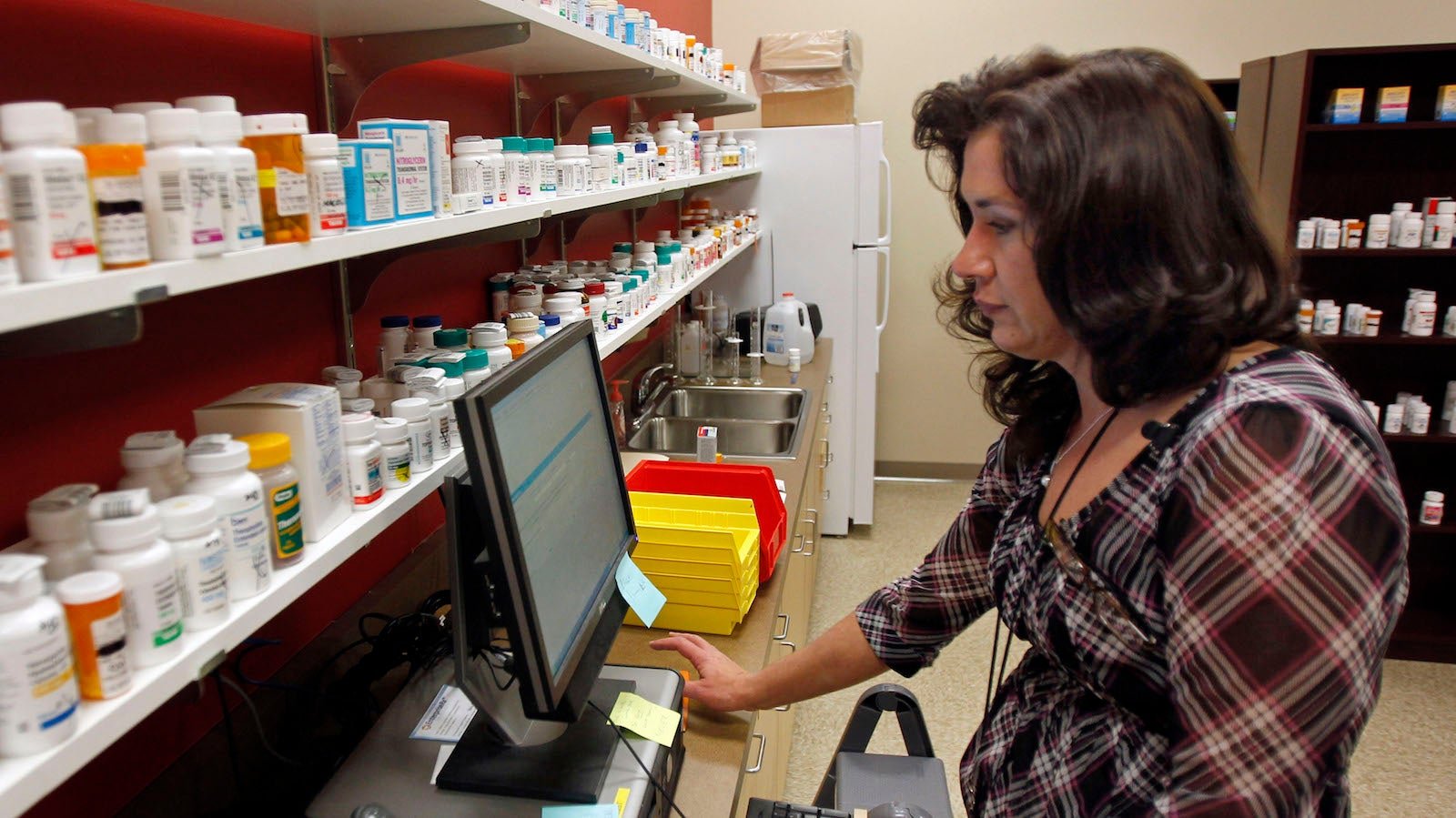Bacteria resistant to a “last resort” antibiotic have been found in the UK
Health officials in the UK have reportedly discovered bacteria that is resistant to colistin, a drug often referred to as a ”last resort” antibiotic.


Health officials in the UK have reportedly discovered bacteria that is resistant to colistin, a drug often referred to as a ”last resort” antibiotic.
While antibiotic resistance has been on the rise, the BBC reports that doctors in the UK believed it would take years for colistin-resistant bacteria—which was discovered last month in China, in human patients and in livestock—to spread to the UK.
But when Public Health England tested 24,000 bacteria samples kept on file between 2012 and 2015, Public Health England found colistin resistance in 15 samples. The Animal and Plant Health Agency also found colistin-resistant bacteria on three pig farms.
A recent study in the UK medical journal The Lancet found that the bit of DNA that gives bacteria its resistance to colistin—the mcr-1 gene—can be transferred between different species of bacteria. The authors write, “Our findings emphasise the urgent need for coordinated global action in the fight against pan-drug-resistant Gram-negative bacteria.”
Public Health England still says that the mcr-1 gene poses a “very low” health risk. And as infectious disease specialist Makato Jones told Nature, colistin is not exactly the last resort in our existing line of antibiotics. While known as a last-ditch antibiotic because usage can damage patients’ kidneys, others like it exist—for example, carbapanems, a class of antibiotics used to fight infections caused by multidrug-resistant bacteria.
Bacteria are continuing to develop drug resistance in part because of all the antibiotics we’re taking. Bacterial resistance to drugs has fallen in Sweden since the nation moved to reduce its number of annual antibiotic prescriptions.